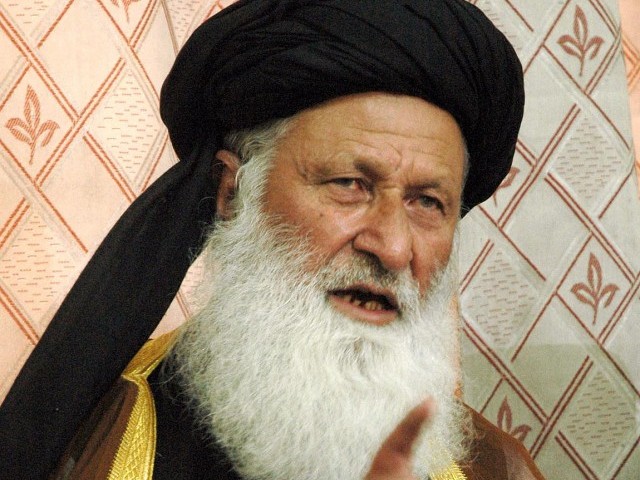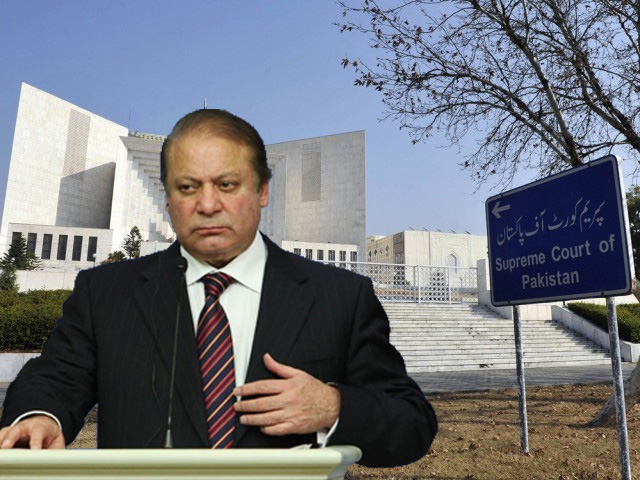
Shouldn't intelligence be smarter?
In order to disrupt and neutralize a terrorist network, those countering it have to function like a network.
It is imperative and a pre-requisite of a sound counter-terrorism (CT) strategy that a country’s intelligence community is held together by a central coordinating body. The rules of engagement have drastically changed as well as the characteristic of current and potential adversaries.
Presently, the adversary is a non-state entity which cannot be contained and countered with conventional military tactics and regular intelligence processes. Pakistan is not battling a country with a visible infrastructure nor a proper command and control structure that takes orders after much strategic analysis and threat assessments.
We are confronting a terrorist network.
And in order to disrupt and neutralize a network, those countering it have to function like a network.
The advantage of that is making quick decisions.
Pakistan currently lacks a body that consolidates and disseminates crucial and real time intelligence to counter rapidly emerging threats. Countries, due to their institutionalization of military and civilian bodies, face a collective action problem. This essentially restricts and delays decision making capability, which taints any strategy to counter-terrorism and similar threats. The window of opportunity to act is very limited and lack of coordination, regardless of how sound a policy might be, will fail to achieve desired objectives.
A recent example exposing this lack of coordination among various intelligence and law enforcement agencies (LEA) was seen when the Supreme Court Chief Justice Iftikhar Mohammad Chaudhry asked the Inter-Services Intelligence (ISI) officials if they have shared any of their finding or other actionable intelligence with LEA in Karachi. They bluntly replied in the negative. If things continue this way, then neither the violence in Karachi can be countered nor the military operations in FATA would be successful.
A robust intelligence sharing mechanism is an immediate necessity in tackling and neutralizing terrorist groups.
A National Counter-Terrorism Authority (NCTA) was proposed but fell prey to bureaucratic hurdles.
There was infighting within the bureacracy regarding which intelligence outfit would lead the initiative. Quite understandably, rivalry among agencies hamper any efforts towards achieving this goal. But an organization like NCTA with a narrowly defined task of solely dealing with counter-terrorism will not fix the problem of coordination. What is needed is a National Intelligence Directorate (NID), a body that can lead the intelligence community, in addition to funneling intelligence from various agencies through one institutionalized department. The NID could work under the Prime Minister’s office, advising him and keeping him informed of vital national security matters and challenges, while at the same time, consolidate and disseminate intelligence.
The ISI, MI, IB, special branch and other intelligence units in law enforcement agencies must work in tandem and build a strong liaison relationship to enable sharing real-time intelligence all the way down to the district level. The faster the information gets to the local district officers and his team, the quicker he can react and neutralize targets. All stakeholders should keep in mind that delays in providing and sharing actionable intelligence gives more time to the intended target to dodge CT forces.
To combat a network, LEA and intelligence organizations have to work and function as a network. However, targeting random members of a terror network does not hamper its capability to launch future attacks nor contains it. CT forces should target those members who have the highest connectivity within the network, in addition to those with technical expertise, for instance taking out members with bomb making skills. Targeting sources of financing and weaponry should be simultaneously complemented.
With a robust intelligence sharing platform, instantaneous actionable intelligence enabling quick decision making, and a well thought out CT strategy will ensure prospects for success against terrorism.




COMMENTS (3)
Please Zaid for me there is only one Madina We dont need any ISI to gaurd it.Comments are moderated and generally will be posted if they are on-topic and not abusive.
For more information, please see our Comments FAQ